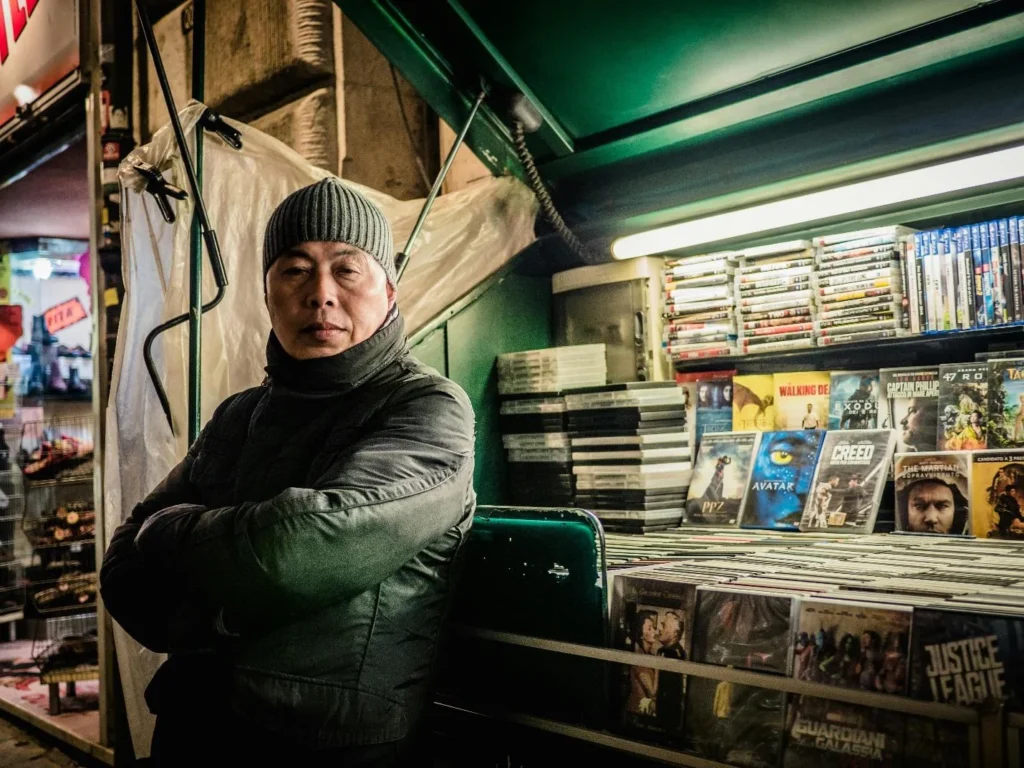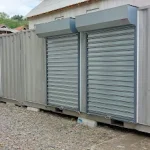The gaming industry is evolving rapidly, with new consoles offering faster processors, improved graphics, and exclusive features. With each new release, older gaming systems become outdated, leading many gamers to consider upgrading. While some choose to keep their previous devices for nostalgia or collecting, others look for ways to get value of Next-gen consoles from them.
One of the most effective ways to move on from an older gaming system is by exchanging it for credit or cash. As next-gen consoles continue to dominate the market, the demand for older devices is shifting.
This article explores how the latest gaming technology is changing the way people sell, exchange, and upgrade their older gaming systems.
Declining Value of Older Devices
When a new gaming system is released, the value of previous-generation consoles begins to drop. Since most players prefer the latest technology, older systems become less desirable, leading to lower resale prices. As manufacturers stop producing outdated models, their availability increases in secondhand markets, further decreasing their worth. The best time to exchange an older system is typically before the release of a new console or during high-demand seasons. If a console is in good condition and includes original accessories, it may still hold value for buyers looking for budget-friendly gaming options.
Increasing Demand for Trade-In Programs
Many gamers want to upgrade to the latest technology without spending a large amount of money upfront. One way to offset the cost is by exchanging their current gaming system for store credit or cash. This allows players to put money toward the latest consoles without keeping unused devices at home. Gaming enthusiasts are turning more toward video game trade-in programs that make cash available in hand. This makes upgrading more affordable and convenient for gamers who want the newest technology without overspending. With stores like Paymore around, you can conveniently trade your old video games for some good cash and use that to upgrade.
Backward Compatibility Impacting Trade-Ins
Some next-gen consoles allow players to use older game discs, making certain older systems unnecessary. Gamers who can play their favorite titles on a new console may no longer need their previous devices, leading them to sell or exchange them. However, not all games are compatible with newer systems. If a next-gen console does not support a specific title, some players may choose to keep their older system instead of exchanging it. This creates a mixed effect on resale values, depending on game compatibility.
The Role of Digital Gaming in Reducing Physical Trade-Ins
Digital game libraries and streaming services are changing the way players access games. With platforms like Xbox Game Pass and PlayStation Plus, many users are moving away from physical discs, reducing the need for previous-generation consoles. As more players choose digital gaming, the demand for used physical copies declines. This shift impacts resale values, as fewer people are looking to purchase secondhand games and devices. Over time, digital adoption may continue to change how gamers buy and exchange devices.
Limited-Edition Devices and Collector Value
Not all older consoles lose their value. Special editions, rare models, and discontinued designs can become highly desirable among collectors. Limited production runs or unique designs make certain consoles worth holding onto, as their value may increase over time. Gamers who own rare versions of past systems may find that their resale prices remain stable or even rise. Unlike standard models, these collector’s items attract buyers who are willing to pay a premium, keeping demand steady even as newer consoles enter the market.
New Hardware Features Making Older Devices Obsolete
Next-gen consoles come with advanced features that make older models less appealing. Faster load times, improved graphics, higher frame rates, and exclusive games designed for new hardware create a noticeable gap between old and new systems. As players seek the best gaming experience, many choose to upgrade. Once a console stops receiving software updates and support, it becomes even less attractive to gamers. Older systems that lack modern features like ray tracing, high refresh rates, or VR compatibility are more likely to be sold or exchanged in favor of the latest technology.
Supply Chain Issues and Their Effect on Trade-Ins
The shortage of new gaming consoles in recent years has unexpectedly impacted the resale market. Limited availability of next-gen systems has kept some players from upgrading, forcing them to hold onto older devices longer than expected. This has temporarily slowed the number of used systems being sold or exchanged. However, as supply chain issues improve and more units become available, many gamers will finally upgrade. This will likely lead to a surge in secondhand gaming devices hitting the market, further decreasing their resale value. Those looking to exchange their systems may want to act before supply levels stabilize.
Retailers Offering More Incentives for Trade-Ins
Many retailers are increasing their incentives to encourage gamers to exchange their old systems for new ones. Trade-in bonuses, store credit offers, and exclusive promotions make upgrading more appealing. Some stores even provide extra value when customers apply their trade-in credit toward a next-gen device. By offering competitive deals, retailers ensure a steady flow of used gaming systems into the secondhand market. These incentives help gamers upgrade at a lower cost while keeping inventory moving for businesses specializing in resale.
E-Waste and the Importance of Sustainable Trade-Ins
Electronic waste is a growing problem, and disposing of gaming consoles improperly contributes to environmental damage. Many older systems contain components that should be recycled rather than thrown away. Trade-in programs offer a sustainable alternative by refurbishing and reselling used devices. Instead of ending up in landfills, old gaming systems can be repaired and given a second life. Selling or exchanging a console helps reduce waste while allowing someone else to enjoy the system.
The rise of next-gen consoles is having a major impact on the resale market for older gaming devices. Older systems lose value as technology advances, but trade-in programs provide a convenient way for gamers to upgrade affordably. Whether upgrading to experience new features or selling an old system to make room for something better, understanding the changing market helps gamers make informed decisions.







